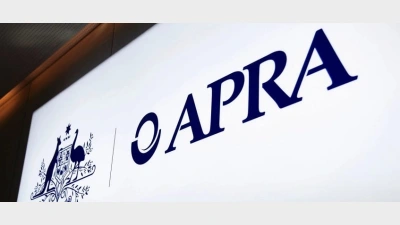Value in increasing minimum draw-down rates



Retirement income efficiency could be improved by increasing the minimum drawdown rates on account-based pension products, according to actuarial research house, Rice Warner.
In a recently-published analysis, Rice Warner has outlined a number of scenarios and claimed that while longevity products might improve retirement outcomes, historically long-term superannuation returns suggest there may be scope to improve income efficiency of account-based products by increasing minimum drawdown rates.
“This could prove to be a simple method of increasing retirement income efficiency whilst still allowing sufficient assets later in life,” it said.
The Rice Warner analysis looked at scenarios involving a 65 year old single male retiring today and drawing the minimum life expectancy of 85, with balances of $250,000 and $1 million, and suggested that with a one per cent increase in minimum draw-down rates, both scenarios have shown an increase in the net present value of total retirement income to life expectancy, without exhausting retirees assets.
The Rice Warner analysis said the company did not consider increasing minimum drawdown rates a replacement for comprehensive income products in retirement (CIPRs).
“However, as the policy implementation process for CIPRs continues, retirement income efficiency could be improved by increasing the minimum drawdowns rates on account- based pension products,” it said.
Recommended for you
Assets held by Australia’s wealthy have reached record levels as Trump’s tariff shock triggered investor concern surpassing Covid-era highs.
APRA’s executive director has urged super funds to strengthen leadership, operational resilience and member focus as public trust in the system faces fresh challenges.
The firm has appointed Aware Super’s Damian Graham as group chief investment officer to unify its life and funds management teams.
Ethical super fund Australian Ethical has announced the appointment of Anthony Lane as chief operating officer.









